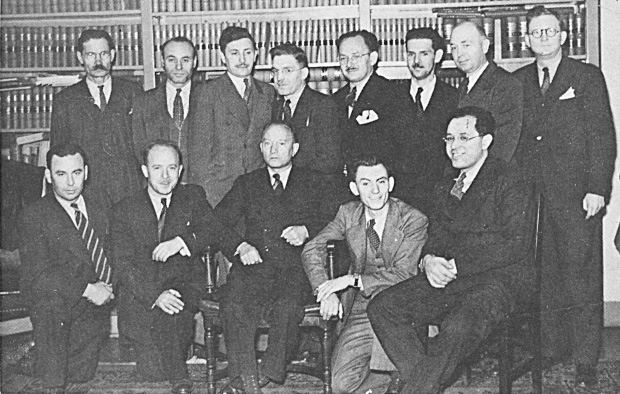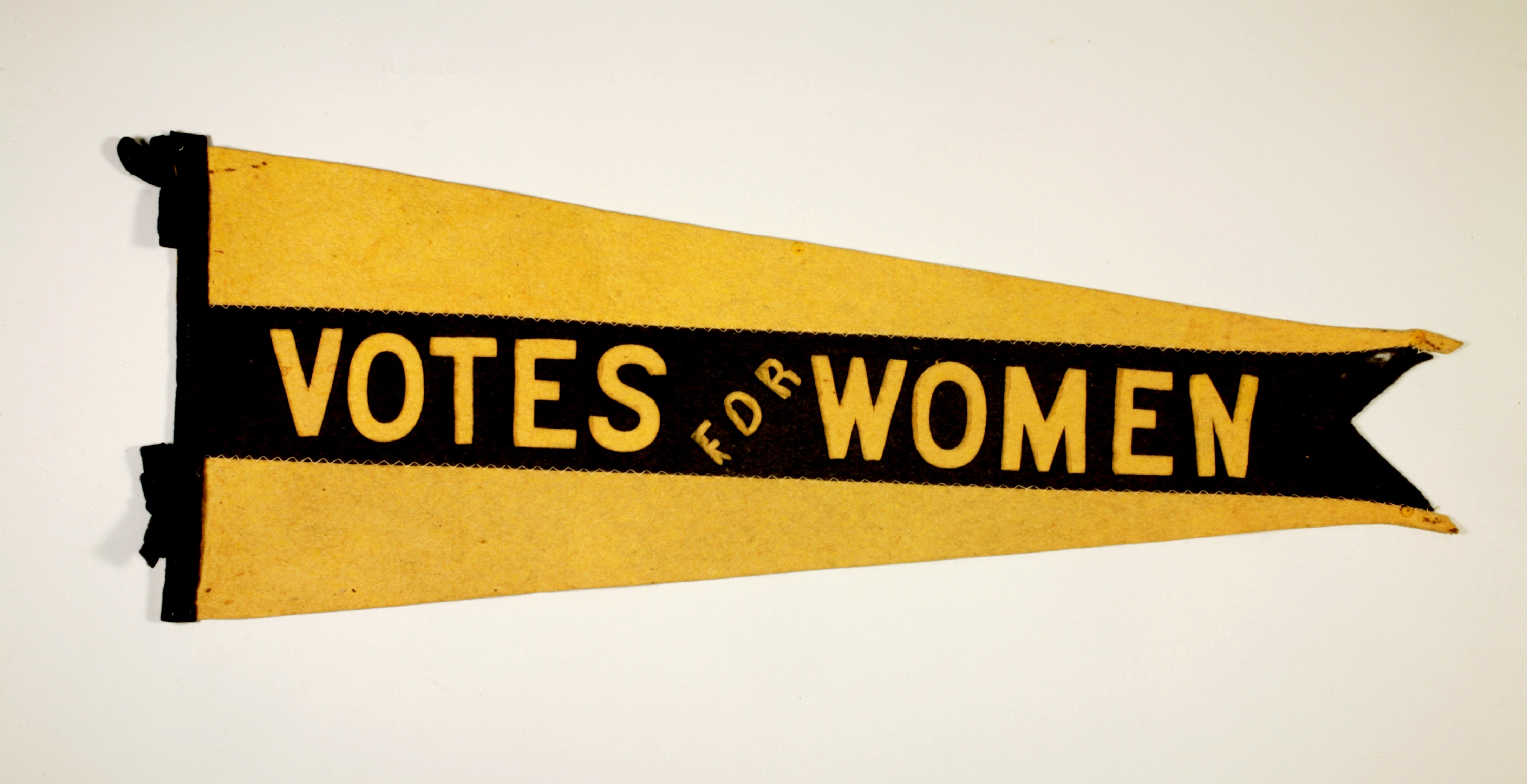Hardial Bains, communist leader, microbiology lecturer (born 15 August 1939 in the village of Chak 6, British India; died on the 24 August 1997 in Hull, QC). He was the First Secretary of the Communist Party of Canada (Marxist-Leninist) from 1970 to 1997. Bains was involved in a number of left wing political movements in Canada and in other nations as well. He was an “anti-revisionist” communist who rejected the doctrinal changes brought about by Soviet leader Nikita Khrushchev after Joseph Stalin’s death. Hardial Bains’ leadership helped the Marxist-Leninist Party of Canada become the most successful Canadian communist organization in the 1970s and 1980s.

Early Life
Hardial Bains was the youngest of seven children born into a Sikh family in Punjab in 1939. He was raised primarily in Mahilpur. His politically active family was persecuted for their communist and anti-colonial beliefs. His father was supposedly an unrepentant communist; he was frequently jailed for his vocal opposition to British imperialism in India. Given his father’s frequent imprisonment and covert political activities, Hardial only met his father for the first time at the age of nine. Bains’ mother supported the large family with limited means but ensured that all her children were educated. Hardial’s sisters are said to have been the first women admitted to college in Mahilpur. Around the age of nine, Hardial joined the Communist Party of India to free his country from British rule. He was supposedly the youngest communist party member in India for some time. He remained politically active and came to be respected as a natural leader during his youth in India.
Immigration to Canada
Hardial Bains immigrated to Canada in 1959 and landed in Victoria, British Columbia, before moving to Vancouver in 1960. Bains undertook post-graduate studies in microbiology at the University of British Columbia from 1960 through 1965. Bains was politically active on campus at this time and volunteered with various student-led organizations. He also held leadership positions with the India Students Association and founded the Academic Action Committee. Bains wanted to foster more political activism and discussion for students of all ages. In 1962, he organized a student protest against the United States’ blockade of Cuba. (See also Canada and the Cuban Missile Crisis.)
Early Political Activity
Hardial Bains initiated the creation of a discussion group on the UBC campus called The Internationalists in 1963. This group was formed to give progressive-minded students an opportunity to discuss politics and collaborate. Doing so without becoming part of established political parties or ascribing to existing schools of political thought. This would be a recurring theme throughout Bains’ life. He constantly strove to create new political organizations rather than fit his beliefs within existing organizations or modes of thought.
In 1965, Bains was invited to teach microbiology at Trinity College, Dublin which he did for two years. While in Ireland, he founded The Irish Internationalists in Dublin, which served a similar function as the similarly-named group he founded in Vancouver. This would later become the Communist Party of Ireland (Marxist-Leninist). While there, he also organized the Necessity for Change Study Program. This initiative aimed to help educate young people in politics while working toward meaningful solutions. Bains believed that protest or political involvement was insufficient to change power structures as found in capitalism and imperialism. He believed that these structures were deeply embedded in our psyches. As such, he advocated that the youth re-evaluate existing power structures from the ground up. He targeted the youth as he thought that they were already primed toward progressive ideas and change.

Bains returned to Canada in 1967. He proceeded to register and lead the Ideological Studies Centre. He continued to elaborate and refine his “Necessity for Change” philosophy. He was involved in various liberation struggles, at home and abroad. In Canada, he supported Indigenous peoples’ right to self-determination and Quebec’s right to independence. Abroad, he supported the rights of peoples across the globe to their own sovereignty and security. These included regions subjected to, what he considered, imperialist conflicts involving the US, such as in Cuba, Korea and Vietnam. (See Canada and the Cuban Missile Crisis; Korean War; Vietnam War.) It was in this context that he became more closely aligned with Chinese Communist leader Mao Zedong.
Communist Party of Canada (Marxist-Leninist)
Hardial Bains is best known for being the founder and first Secretary of the Communist Party of Canada (Marxist-Leninist). The party has no relationship with the Communist Party of Canada, despite the similar name. To distinguish between the two organizations, Bains' party is officially listed as the Marxist-Leninist Party of Canada by Elections Canada (see also Chief Electoral Officer). The distinction comes from Bains’ anti-revisionist approach to communism. He quickly became an internationally recognized philosophical leader for anti-revisionists. Bains has been credited with helping establish Marxist-Leninist parties worldwide, including in the United Kingdom, US, Trinidad & Tobago and India.
After the death of Mao Zedong and the subsequent reforms initiated by Deng Xiaoping in the mid-1970s, the CPC (ML) broke with the Chinese Communist Party as its primary ideological guide. Bains instead re-focused the party’s attention on the Albanian Communist Party and their Stalinist leader, Enver Hoxha.
During the 1970s, Bains focused on building the Communist Party of Canada (Marxist-Leninist) into a viable organization. Bains and the CPC (ML) were most politically active in the 1970s and 1980s, both in Canada and internationally. The CPC-ML began fielding candidates in federal elections (see also Canadian Electoral System). To date, the party’s best turnout was in 1974 when it received over 16,000 votes. In the 1980 election, the party fielded its largest number of candidates — around 177. Bains himself ran five times, in 1972 and 1974 in a Toronto riding and in an Ottawa riding from 1988 to 1997. He never got more than 150 votes.
Bains travelled constantly giving speeches and rallying people to reject imperialism and “bourgeois” complacency. The CPC (ML) was also active in anti-racism action in the 1980s. The party occasionally received bad press when members violently protested at events. Bains was criticized in 1975 for proposing a South Asian vigilante group to combat racism in Vancouver.
The RCMP and local police regularly arrested party members and raided bookstores run by the Party. Bains was never arrested. However, his Indian passport was revoked in the 1970s reportedly because of his criticism of Indira Gandhi’s government during the Indian Emergency. He was also denied Canadian citizenship until 1988. The federal government may have tried deporting him in the 1970s.
Some opponents on the left questioned how the party was financed. News stories from the time often called the CPC-ML a “mysterious” organization, with a core membership of 100 people in Montreal and Toronto. Some sources even suggested it was funded by the RCMP to deliberately destabilize left-leaning political action.
In the late 1980s, the Soviet Union and international communism were collapsing. The Marxist-Leninist Party’s orientation evolved and changed, at times coming in line with North Korea and then turning to Cuba for guidance.
In the early 1990s, the Soviet Union’s collapse convinced Hardial Bains to take up the cause of democratic renewal in Canada. This in turn led to the creation of the Canadian Renewal Party, a political organization committed to empowering the Canadian people. The party made electoral reform a core component of its program. They argued that working-class people often encountered barriers to voting. Moreover, they criticized party finance laws, which distribute public funds to only some political parties and not equitably.
Bains opposed the Charlottetown Accord of 1992. He believed the accords did not adequately address long-standing issues related to the position of Quebec in Canada or Indigenous self-determination. Bains was critical of the proposed constitutional amendments; he believed that they kept the Canadian state divided while giving the appearance of democratic and constitutional renewal.


 Share on Facebook
Share on Facebook Share on X
Share on X Share by Email
Share by Email Share on Google Classroom
Share on Google Classroom



